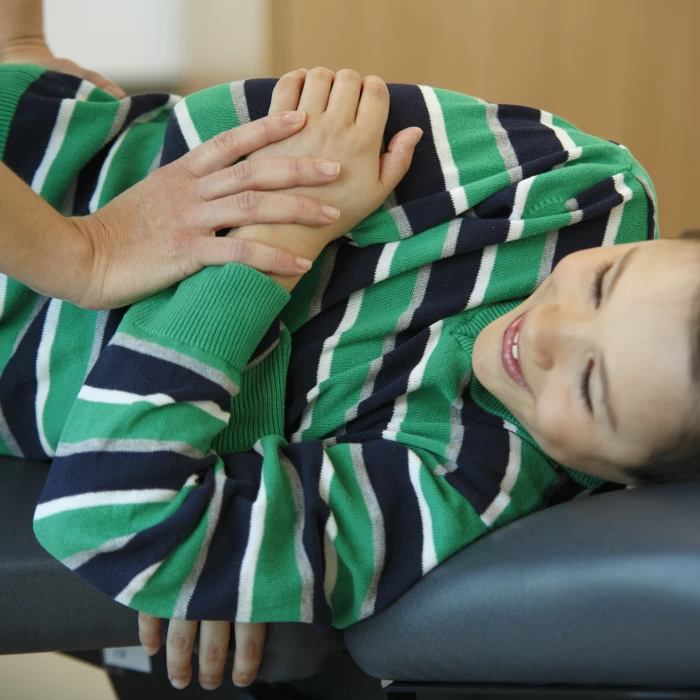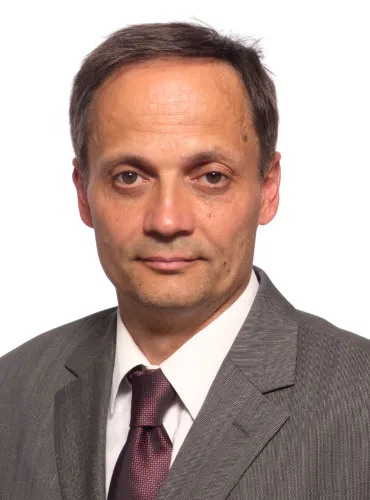Postural and developmental abnormalities can develop as early as in fetal life and can gradually worsen after birth, affecting the baby's development of movement and sense of comfort. Childbirth itself can be stressful for the spine and joints, especially if there is a long labor, cesarean section, or complications.
Therefore, it is highly recommended that newborns and babies have their spine and musculoskeletal conditions checked, which can help to detect and treat any abnormalities in time. Chiropractic care is a gentle, painless procedure that uses targeted touches to help restore the spine and joints to their proper condition, supporting the healthy development of your baby.
Musculoskeletal screening and treatment for infants and young children:
If your child has a developmental movement disorder or postural abnormality, Mónika Rédly M.D. can help you find the proper treatment.
When do you need to see a specialist?
- Tilted head - baby holds head tilted to one side or has difficulty turning it in one direction
- Tilt or "C" posture - baby's body is curved sideways
- Asymmetrical posture or movement - uses one side more, moves hands or feet differently
- Muscle tone distribution disorders - muscle tone too tight (hypertonic) or too loose (hypotonic)
- Balance and coordination problems - delayed or different movement development, movement instability
- Frequent crying, restlessness - if the baby is difficult to soothe or cries for no apparent reason, there may be musculoskeletal tension
- Sleep disturbances - if the baby has difficulty falling asleep, sleeps restlessly, or wakes frequently
Movement disorders in adolescents and young children:
Attila Márkus M.D. sees children and young people from the age of 14 with musculoskeletal problems, not due to developmental or congenital disabilities but mainly due to injuries and pains caused by playing sports or physical exertion.
When should you see a pediatric chiropractor?
- Sports injuries - minor or major injuries, such as muscle strains, stiff muscles, persistent pain
- Muscle or joint complaints - even from overuse
- Lower back or neck pain - possible sedentary lifestyle, poor posture, or unilateral strain (e.g., carrying a school bag, sitting too much)
- Balance problems - stumbling, feeling unstable when running or jumping, unsteady movement
- Attila Márkus M.D. has a special interest in Atlas Therapy, which can help to treat musculoskeletal problems in adolescents, especially pain from playing or growing up, postural problems, balance, and coordination problems.
The aim of pediatric chiropractic treatment is not only to treat problems that have already developed but also to prevent them: early intervention can help promote healthy movement development and prevent musculoskeletal problems in the future.
Our related doctors
Any questions before booking an appointment?
If you are unsure which doctor to see or what examination you require, we are here to help!
Simply request a free callback from one of our colleagues, who will help you find the right specialist based on your specific issue.





Reviews